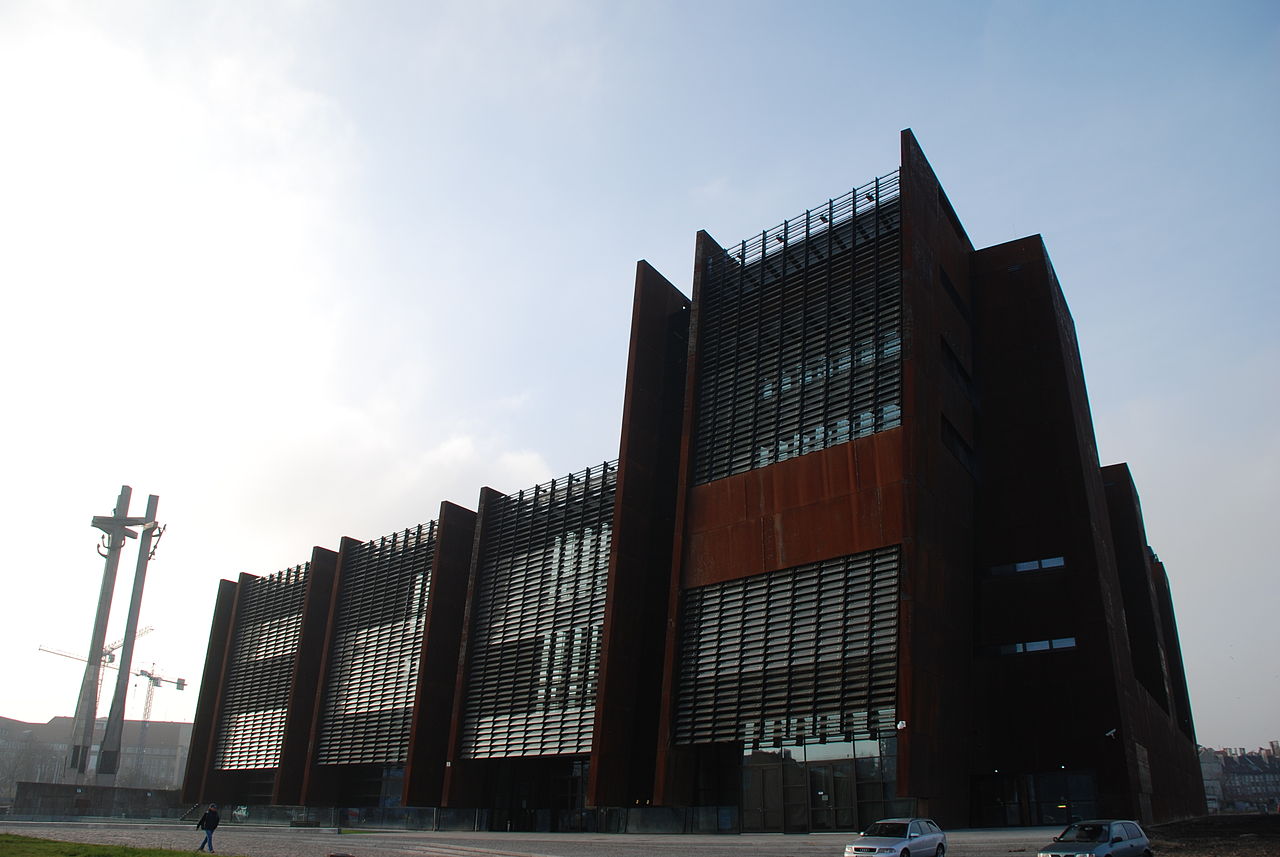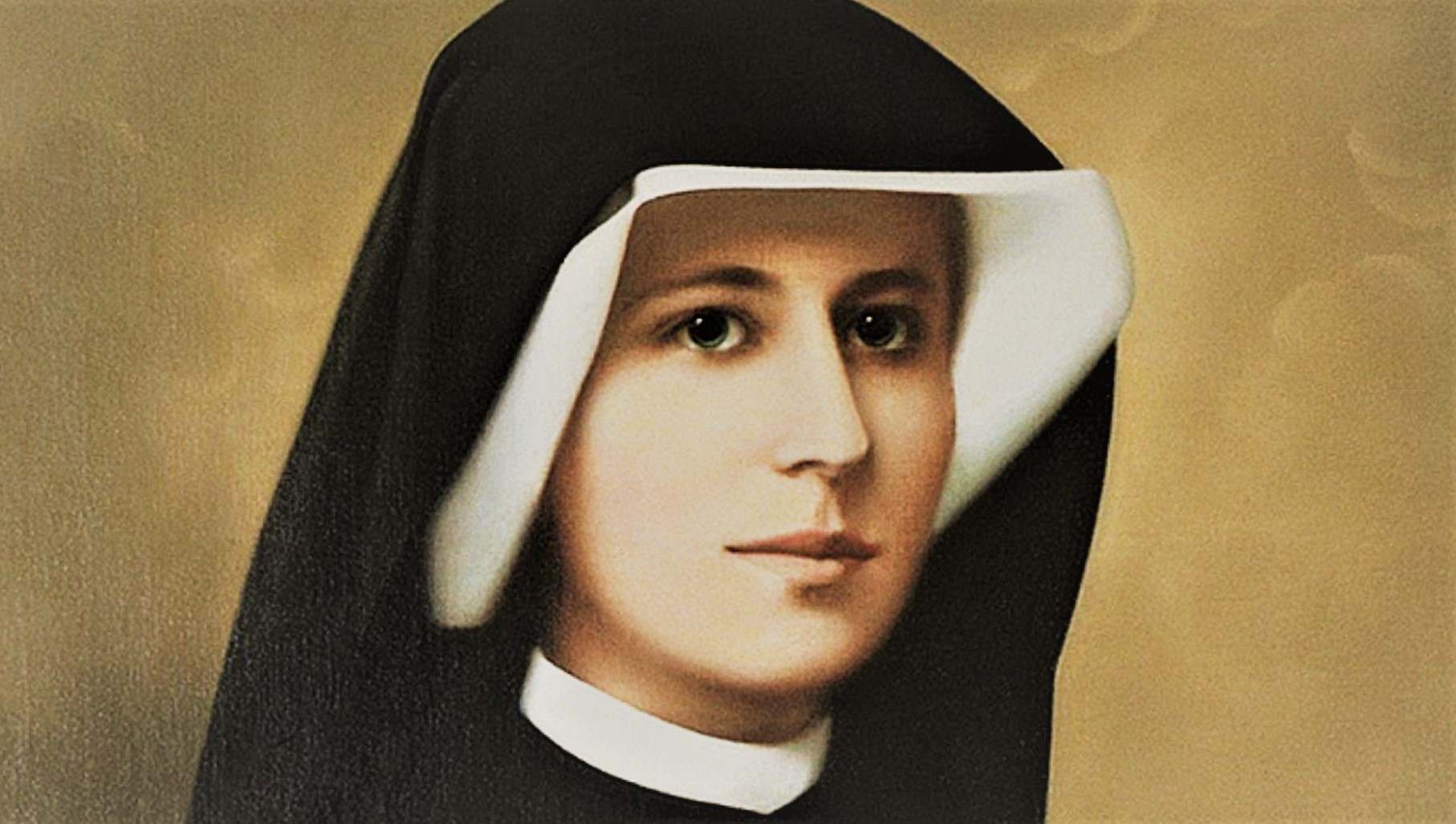The anthology prepared under the auspices of the European Solidarity Center in Gdańsk presents discussions on international issues in the underground press in the 1970s and 1980s. It includes texts intended to show key debates about Poland’s place in Europe, in particular its attitude towards Germany. The researchers point out that Polish-German relations were of key importance for Poland in the new international order created after the end of the Cold War. Given the strategic goal of Polish foreign policy after 1989, which was (re)integration with the West, and establishing relations with the united Germany played a key role here – this choice seems fully justified.
by Andrzej Turkowski
At the same time, the nature of international relations as a system of interconnected vesselsmeans that fundamental issues affect the state’s activity in all geographical directions. Therefore, in the book we will find an overview not only of issues such as the attitude of the Polish elites to the unification of Germany and related concerns about securing the international legitimacy of the western border, but also closely related reflections on the significance and effects of Soviet guarantees for that border. When discussing the integration capabilities of the countries of Central Europe, the topic of Polish-Ukrainian relations is certainly relevant.
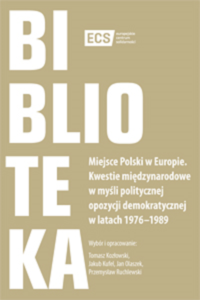
by Tomasz Kozłowski, Jakub Kufel, Jan Olaszek & Przemysław Ruchlewski
Historical archives and other materials that constitute a source for reflection on contemporary Poland
The anthology published by the European Solidarity Centre is interesting for two reasons. Firstly, as a source for researchers of the anti-communist opposition. The researchers have an overview of key topics on the opposition and how it was subdivided into various factions. In the first part of the book, we find a panorama of attitudes regarding the scope of desirable and at the same time real changes in the Communist system – from reforms towards the liberalization and empowerment of society to full independence.
The next part of the book, entitled “Visions of Europe”, opens with a clear declaration of the common fate of Poland and the rest of Europe. Its authors were members of the editorial staff of the underground publishing house “Krytyka”. In the following texts we find reflections on the process of (Western) European integration and a discussion on its desired shape, from a Polish point of view of course.
The issues of Polish-German relations are discussed in two successive parts: “The German question” and “Poles and Germans”. Among the topics discussed there, we find basic questions about the desired attitude of the Polish elite towards aspirations for German unification. In this context, Krzysztof Wolicki’s claiming that Poland could not be perceived as an enemy of Germany’s unity, and that the best scenario from the Polish point of view was the inclusion of German policy in the process of European integration – seems accurate, from the point of view of the post-1989 politics. The remarks of Andrzej Szczypiorski (aka Bronisław Kotowicz) regarding the specifics of the Polish perception of Germany, in which the tradition of Prussia overshadows nuanced internal German relations, including, for example, the generally cool attitude of the inhabitants of Germany at that time to the Prussian interpretation of German statehood, are also interesting and probably still valid.
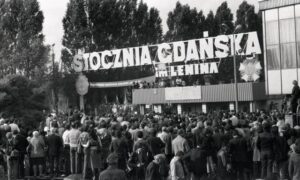
One of the main topics discussed in the last part – “Questions about Europe” are the prospects of strengthening political cooperation in Central Europe. In this context, Polish intellectuals are considering the chances of implementing such a scenario. Tadeusz Mazowiecki remarked that Central European countries had faint mutual interest thus the potential for possible cooperation between them was weak and this still seems valid.
***
For a wider group of readers, the book may be particularly interesting from the perspective of the Third Polish Republic. Considering that we are 30-40 years down the road from the date of the discussed texts, the reflection on the continuity of certain attitudes among the Polish intelligentsia seems extremely interesting.
In this context, the thread of the ideological or moral crisis of the West (especially of Western Europe) is striking. This topic appears among others in articles by Alexander Hall and Adam Strzembosz. The first indicates the sources of the crisis associated with a lifestyle with widespread materialization and consumption. The second – with the influence of Marxist ideology. At the same time, several authors argue that Poland and other Eastern Bloc countries have the potential to make a “spiritual contribution” to overcome this unfavorable situation in Western Europe.
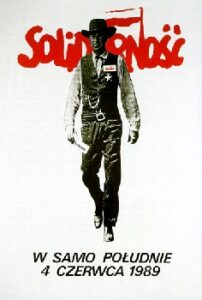
It is hard not to notice similar debates currently under way. It is also worth noting that the theme of the moral decline of the “West” in combination with a certain moral purity of the “East” goes much further into history. It seems, therefore, that this is a permanent element of the relationship of the Central and Eastern European elites (or at least some factions of it) towards their Western partners. Questions about the reasons for this continuity open up the research area not only for historians, but also for sociologists.
From the perspective of the present time, it is curious to consider the importance of Christianity to Polish oppositionists who believed it was foundational for European integration. By reading statements written in this spirit, it is easier to understand the shock felt by (some) Polish elites at the lack of any reference to Christian values in the preamble of the Treaty establishing a Constitution of Europe.
Prime Ministers and ministers are debating in the Warsaw parish
Assessing the selection of texts for the anthology, the debates held as part of the “Poland in Europe” Seminar are very valuable. At the same time, the information on this undertaking is too modest and insufficient, which makes it difficult to understand the value of the debates. An elite of opposition activists from various milieu who had similar competence in international affairs gathered in the church of St. Trinity in Warsaw. Importantly, many of the participants of the Seminar took over key political functions after 1989, including prime minister, speaker of the Sejm, ambassadors, deputies and senators. Thus, it can be said that the strict elite of the first years of the Third Republic of Poland met in extremely modest conditions.
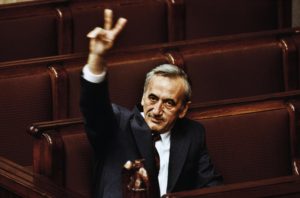
Broadly speaking, the editorial is a weaker feature of the book. In this context, it seems that the authors have not fully exploited the potential of similar types of books. The introduction is rather short and technical. It lacks a deeper commentary or reflection included in Afterwords (which is also missing). The same comment could be made concerning the footnotes. On the one hand, the authors include footnotes explaining characters and facts, an ignorance of which is unlikely among potential readers of the book. On the other hand, as has already been mentioned, the key information for building the context of the debate is, in my opinion, too modest.
Despite the weaknesses mentioned above, the book “Poland’s Place in Europe” has a chance to be both interesting for all those interested in the recent history of Poland, as well as for researchers dealing with the topics of the Polish elite or Polish foreign policy.
Author: Andrzej Turkowski – sociologist and political scientist associated with the Prof. Robert Zajonc Institute of Social Studies, University of Warsaw. He specializes in studies on elites and foreign policy
Transation: Alicja Rose & Jessica Sirotin

